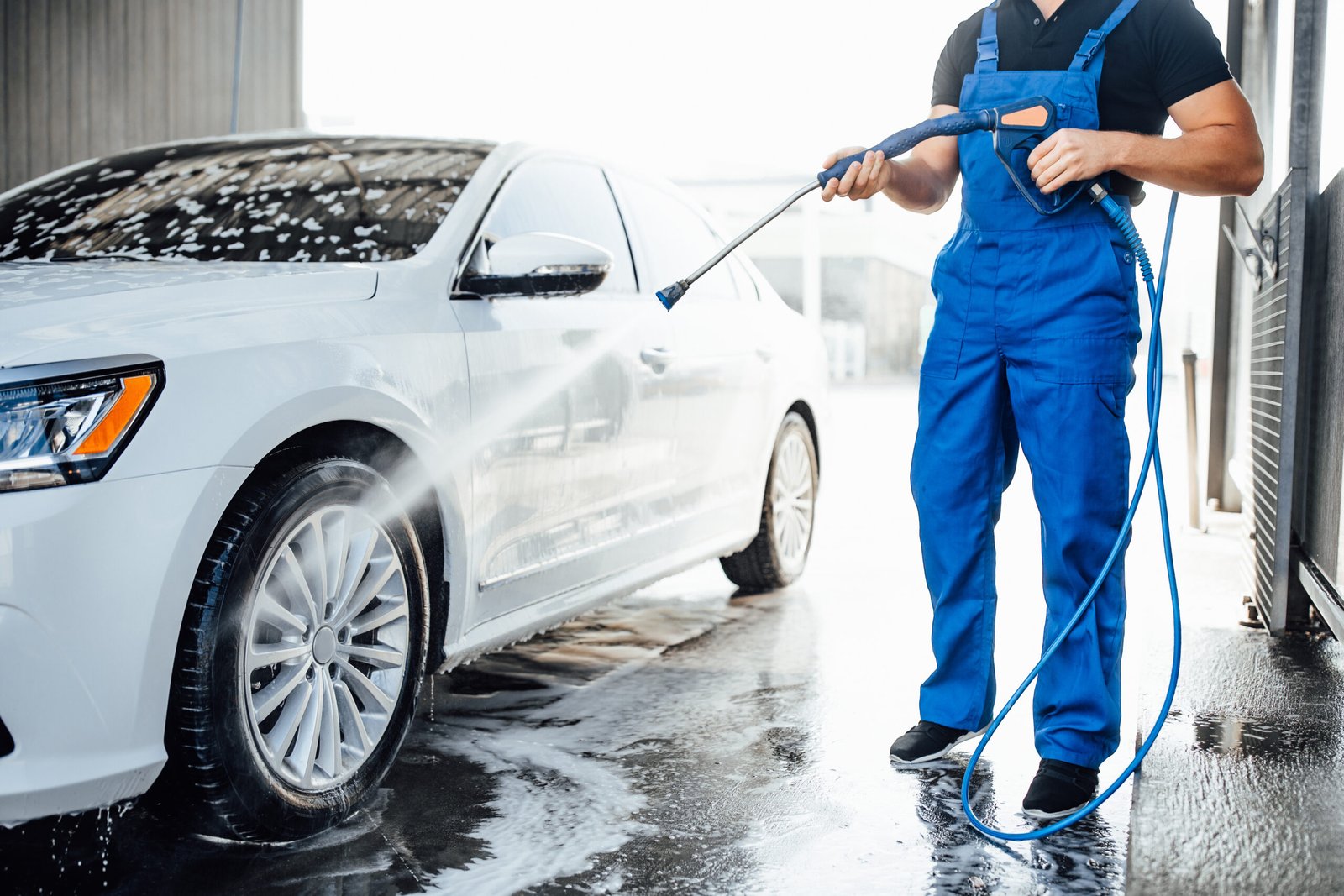
Introduction
Owning a car is a significant responsibility, and proper maintenance is key to ensuring it runs smoothly and safely for years to come. In this blog, we’ll explore some fundamental car care tips that every vehicle owner should know. From routine maintenance tasks to understanding warning signs, let’s dive into the essentials of keeping your car in top condition.
Understanding Routine Maintenance
Regular maintenance is vital for preserving your car’s performance and longevity. Simple tasks like checking fluid levels, inspecting tires, and changing oil should be done on a scheduled basis. Neglecting these routine checks can lead to costly repairs down the road. Therefore, make it a habit to follow your vehicle manufacturer’s recommended maintenance schedule.
Fluid Checks
Fluids are the lifeblood of your car, keeping various components lubricated and functioning properly. Engine oil, transmission fluid, coolant, brake fluid, and power steering fluid are among the essential fluids that need regular inspection. Check these levels according to your owner’s manual instructions and top them up as needed.
Tire Maintenance
Your tires play a crucial role in your car’s safety and performance. Check tire pressure regularly using a pressure gauge and ensure they are inflated to the recommended level. Additionally, inspect tires for signs of wear and tear, such as uneven tread wear or bulges, and rotate them as recommended by your manufacturer.
Oil Changes
Regular oil changes are essential for keeping your engine running smoothly. Engine oil lubricates moving parts, reduces friction, and helps dissipate heat. Follow the recommended oil change interval specified in your owner’s manual, typically every 5,000 to 7,500 miles, depending on your driving habits and the type of oil used.
Brake Maintenance
Brakes are one of the most critical safety components of your car. Inspect brake pads and rotors regularly for signs of wear, such as squeaking or grinding noises. Replace brake pads when they are worn down, and have your brake system inspected by a professional if you notice any abnormalities in braking performance.
Warning Signs to Watch For
Being proactive about car maintenance also involves paying attention to warning signs that indicate potential problems. Some common warning signs include unusual noises, dashboard warning lights, vibrations, and changes in performance or fuel efficiency. Ignoring these signs can lead to more significant issues, so it’s crucial to address them promptly.
DIY Maintenance Tips
While some maintenance tasks require professional expertise, there are several DIY tasks that you can perform to keep your car in good shape. These include replacing air filters, checking and replacing windshield wipers, and inspecting and cleaning battery terminals. By learning how to perform these tasks yourself, you can save money on maintenance costs and develop a deeper understanding of your vehicle.
Conclusion
Proper car care is essential for ensuring your vehicle’s longevity, safety, and performance. By following the maintenance tips outlined in this blog, you can keep your car running smoothly and avoid costly repairs. Remember to stay proactive, address warning signs promptly, and consult a professional mechanic when needed. With regular care and attention, your car will continue to serve you well for years to come.







